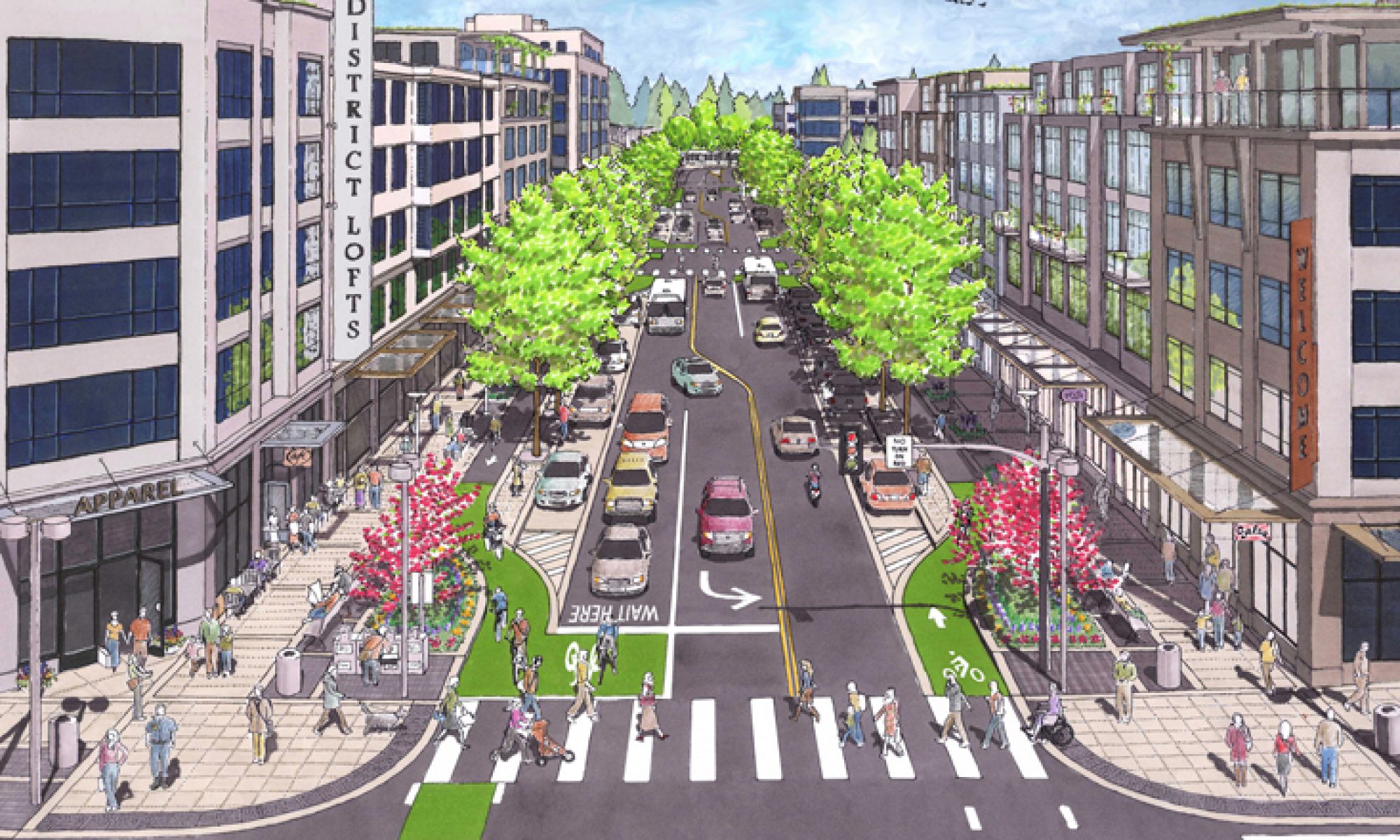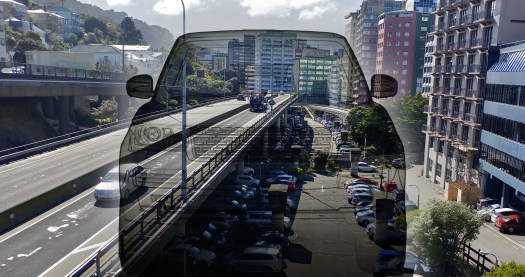LET’S CARE FOR ONE ANOTHER
Stop shaming people riding bikes.
Stop shaming people running/jogging.
The reduction of driving is at least temporarily clearing the air we breathe.
The enemy is not each other.
It’s the virus.
COVID-19 may change the way people think about bikes
Lloyd Alter lloydalter April 6, 2020
In fact, everything about the way people on bikes are treated in North America is absurd. Right now there are so many people competing for sidewalk space that some cities are converting the almost empty traffic lanes to create more space for bikes, runners and pedestrians. It’s got to the point where people have stopped complaining about cyclists and are complaining about runners instead, which is a nice change. It really is time for a reallocation of road space to give more room for people who walk, and a safe, separated space for people who ride bikes or use other micromobility platforms. It’s also time to recognize how useful and important bikes can be in a crisis like this.
Read more:
https://www.treehugger.com/bikes/covid-19-may-change-way-people-think-about-bikes.html








